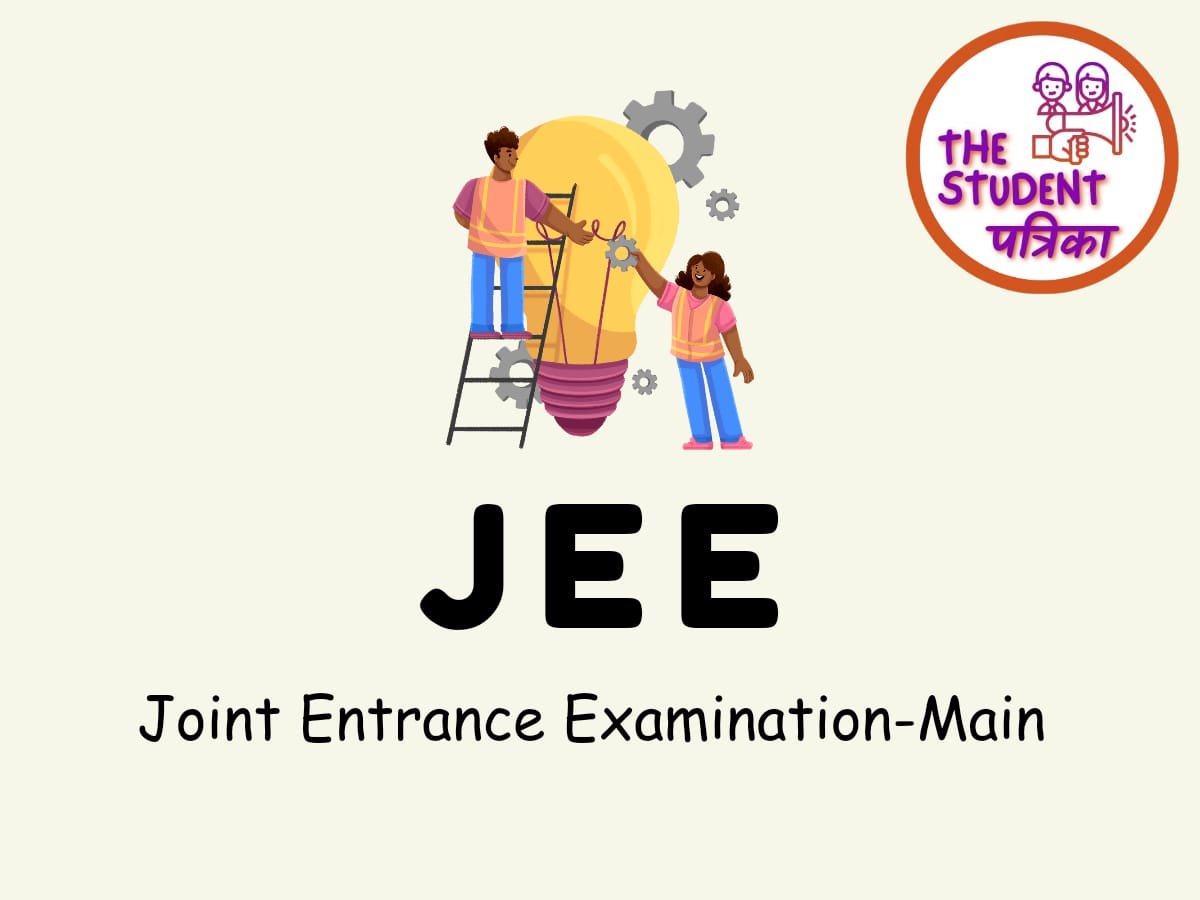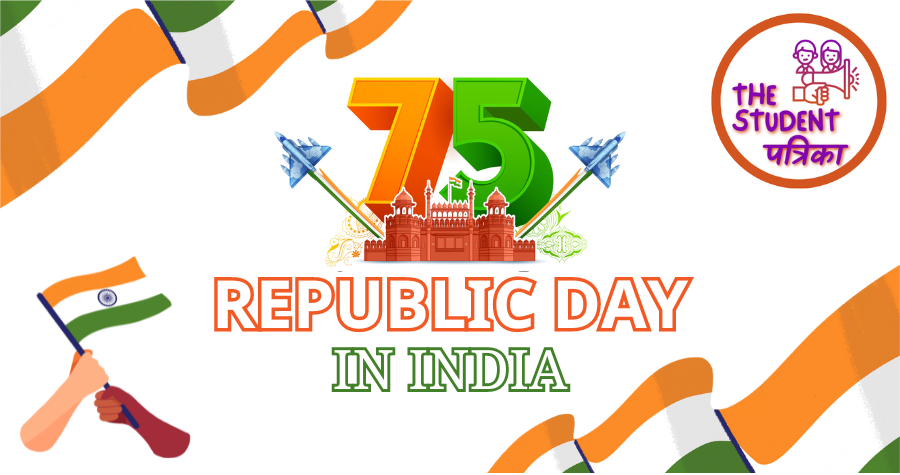
The Indian Institutes of Technology Joint Entrance Examination (IIT JEE) is one of the most prestigious and challenging engineering entrance exams in India. It serves as a gateway for aspiring students to gain admission into the premier Indian Institutes of Technology (IITs), which are renowned for their quality education, research opportunities, and lucrative career prospects. In this comprehensive guide, we will delve into every aspect of the IIT JEE examination, from its exam pattern and syllabus to the career prospects and future growth opportunities it offers.
Exam Pattern and Process:
The IIT JEE examination consists of two main levels: JEE Main and JEE Advanced.
JEE Main:
JEE Main is the first level of the examination and is conducted by the National Testing Agency (NTA). It serves as a screening test for admission to various undergraduate engineering programs in institutions other than the IITs. The exam pattern for JEE Main includes:
Subjects: The exam covers three subjects - Physics, Chemistry, and Mathematics.
Question Format: The questions are multiple-choice (MCQ) and numerical-based. The numerical questions do not have choices and require candidates to enter the answer manually.
Mode of Exam: JEE Main is conducted in both online (Computer Based Test) and offline (Pen and Paper Based Test) modes, giving students flexibility.
Marking Scheme: The marking scheme includes both correct and incorrect answer penalties, which vary for MCQs and numerical questions.
Syllabus: The syllabus for JEE Main is based on the Class 11 and 12 curriculum of Physics, Chemistry, and Mathematics.
JEE Advanced:
JEE Advanced is the second level of the examination and is conducted by one of the IITs on a rotational basis. It is the gateway to securing a seat in the IITs. The exam pattern for JEE Advanced includes:
Subjects: Similar to JEE Main, the exam covers Physics, Chemistry, and Mathematics.
Question Format: The questions in JEE Advanced are more complex and require analytical and reasoning skills. They include MCQs as well as numerical-answer type questions.
Mode of Exam: JEE Advanced is typically conducted in the online mode.
Marking Scheme: The marking scheme may involve different weightages for different sections, and partial marking can be awarded for some questions.
Syllabus: The syllabus for JEE Advanced is slightly broader and may include topics beyond the Class 12 curriculum.
Syllabus
The syllabus for the IIT JEE examination is comprehensive, covering a wide range of topics in Physics, Chemistry, and Mathematics. Some of the key topics include:
Physics: Mechanics, Thermodynamics, Electromagnetism, Optics, Modern Physics
Chemistry: Physical Chemistry, Inorganic Chemistry, Organic Chemistry
Mathematics: Algebra, Calculus, Coordinate Geometry, Trigonometry
It's important for aspirants to thoroughly cover each topic, as the questions can range from straightforward to highly conceptual.
Preparation and Coaching:
Preparing for the IIT JEE examination requires dedication, disciplined study, and effective time management. Many students opt for coaching institutes that provide structured study materials, regular tests, and expert guidance. However, self-study with the help of quality reference books and online resources is also a popular approach.
Salary and Perks:
Graduates from IITs have access to highly lucrative job opportunities in various sectors. Companies, both national and international, actively recruit IIT graduates, offering impressive salary packages. Graduates can work in fields such as software engineering, research and development, data science, finance, and more.
Future Growth:
The IIT JEE examination opens the door to a bright future with diverse growth opportunities. Graduates can choose to pursue postgraduate studies, both in India and abroad, to specialize in their chosen field. Additionally, IIT alumni often venture into entrepreneurship, research, and academia, contributing significantly to technological advancements and societal progress.
The IIT JEE examination is a pathway to some of the finest engineering institutes in India, providing students with exceptional learning experiences and promising career prospects. Success in the examination requires not only strong academic preparation but also resilience, determination, and a passion for learning. As you embark on your journey towards cracking the IIT JEE, remember that the process is as valuable as the outcome, shaping you into a well-rounded and capable individual ready to make a positive impact on the world.



.png)






